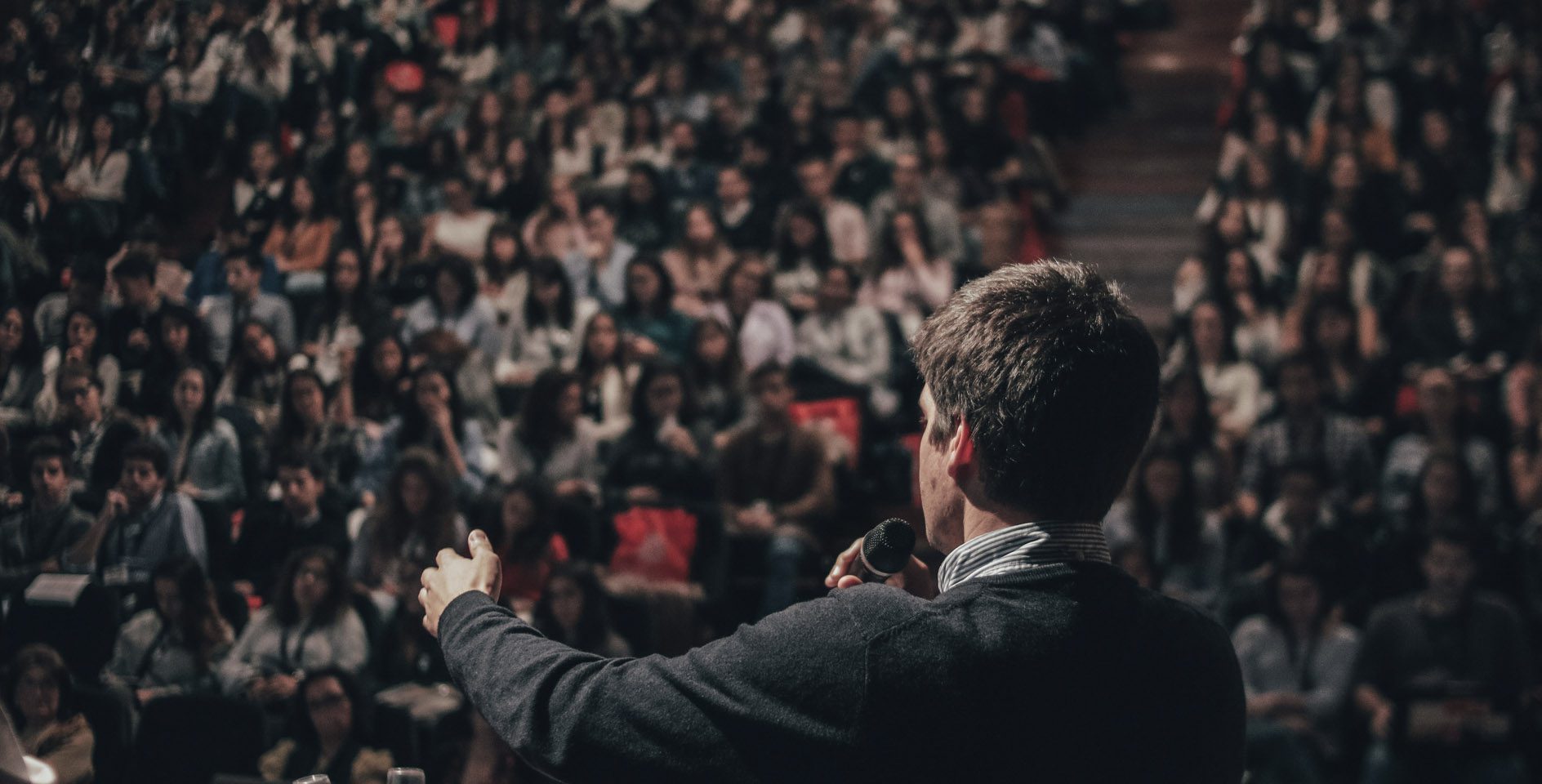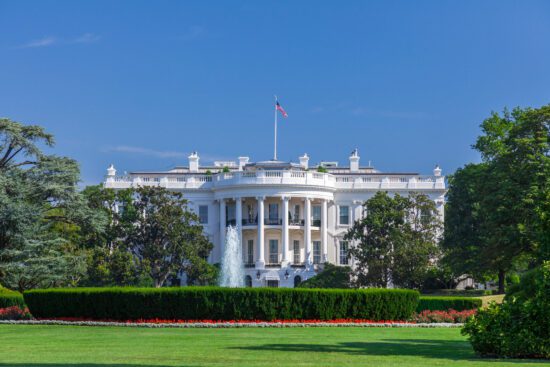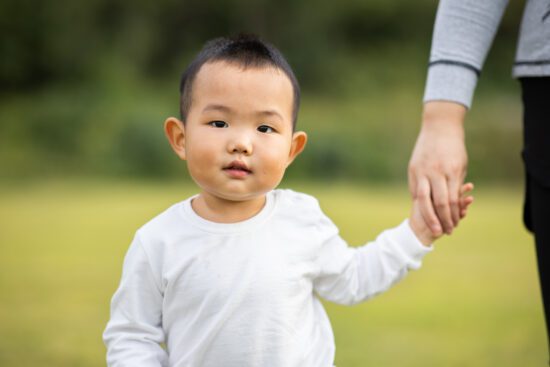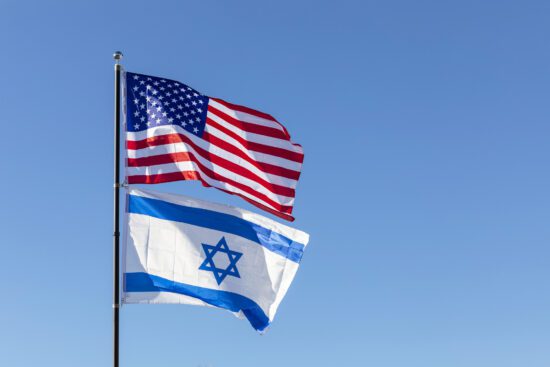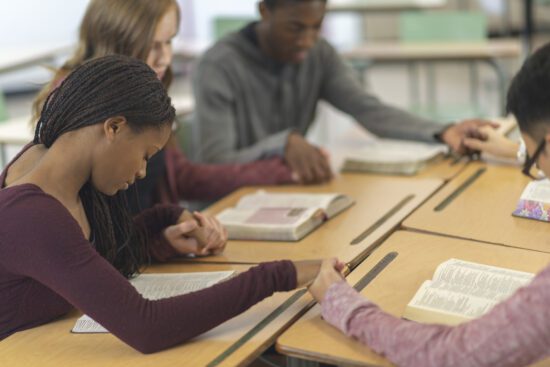The long road to the White House picks up speed this week as the first debate of the 2020 U.S. presidential election will take place in Miami, Fla. The two-night event will feature most of the Democratic candidates vying for the presidency with 10 candidates taking the stage each night (five announced candidates did not meet the qualifying requirements set forth by the Democratic National Committee). On the Republican side, there are no debates expected to be held.
A brief history of presidential debates
Most Americans probably don’t realize this, but presidential debates are a relatively new phenomenon in our national political history. For most of our 243 years, campaigning generally was looked down upon by presidential candidates. While the 1858 debates between Abraham Lincoln and Stephen Douglas may come to mind, those storied interactions actually happened in the context of a campaign for U.S. Senate (though both would later be presidential candidates). What made these seven debates so important in American history was how the format allowed each candidate to give a full explanation of their philosophy of public service and the legislative solutions each man was advocating for on the most pressing issue in the public square, slavery. The first candidate was given one hour to make his case, followed by a rebuttal from the other candidate for an hour and a half. The first candidate was then given a half-hour to respond. Huge crowds gathered around Illinois to watch these events. They set the standard for debates in the American political system.
Debates amongst presidential candidates competing in the same primary has a slightly longer history than general election debates. The first of its kind occurred between candidates competing for the Republican nomination in 1948. Democrats would do the same a few election cycles later in 1956.
The first general election debate would also be the first televised presidential debate. It took place in September of 1960 between the Republican nominee for president, Richard Nixon, and the Democratic nominee, John F. Kennedy. Nearly 67 million Americans tuned in to watch the first of the four debates to take place between the two men. The third debate in the series was especially unique: Kennedy participated from a studio in New York while Nixon took part from a California studio.
While primary debates would occur again in 1968 and 1972, the next general election debate would not happen until Republican incumbent President Gerald Ford agreed to debate upstart Democratic nominee, Gov. Jimmy Carter. Why was there such a long gap between debates? Because many analysts attributed Nixon’s narrow loss in the 1960 election to his poor performance on television, especially the way he presented himself. Nixon had been ill leading up to the debate. Then, on the day of the debate, he didn’t shave prior to going on camera, he declined to wear makeup, and he rarely stayed focused on the camera, all of which stood in contrast to the youthful Kennedy. There’s no way of knowing with certainty if this doomed Nixon’s 1960 campaign, but it certainly made an impression on viewers.
That lesson from 1960, “don’t make a mistake” (as subjective as it may be), has been a constant debate priority for campaign managers and consultants ever since. The stakes loom especially large in our era of social media and viral videos where a gaffe (or a shining moment) can label your campaign instantly. Who doesn’t remember former Texas Governor Rick Perry’s “oops” moment where he forgot the third part of his three-part plan? Or Ford’s assertion there is no “Soviet domination” of Eastern Europe––in the midst of the Cold War? Or Al Gore repeatedly sighing in a debate with a more affable George W. Bush?
Did these instances affect the outcomes of those elections? Maybe. They certainly had a deleterious effect on the narrative those respective campaigns were trying to carefully shape for those candidates.
What to expect in the initial debates
Given that first impressions mean a lot in politics for Democratic or Republican candidates alike, viewers should not anticipate major adversarial fireworks in the initial debates from any of the most well-known candidates. These individuals want to use this time as a moment to introduce themselves and begin forming the narrative of their campaign: Why they’re running and the difference they will make for the country. But, they had better be fairly concise when doing that. Most analysts expect the average mic time for each candidate in these initial 2020 debates to be somewhere around six to eight minutes. This is why most campaign managers will advise their candidates against utilizing precious seconds to go negative by attacking another candidate.
However, for the lesser-known candidates on the stage (particularly those who just barely met the qualifications to make the debate), they could see this as their one chance to truly differentiate themselves from their peers. Providing a contrast on national television right out of the gate could certainly do that.
Last-minute candidate preparations
As someone who spent the vast majority of my professional career in electoral politics, I can say the days leading up to a debate are different for each candidate, though most take one of two routes. Either they are hurriedly running through last-minute sessions on their opening and closing statements and finessing their responses to a number of policy questions, or they are filling their time with other campaign activities in an effort to not overdue their preparation.
Nearly all candidates have prepped for the debates with their staff and outside experts for weeks with deep policy briefings and sessions that are called “murder boards.” These hour-long (or more) meetings are designed to grill candidates about specific areas in an effort to help them formulate and refine their answers. Toward the end of the process, brevity becomes the priority to help ensure the candidate provides his or her answer in the allotted time, per the debate rules.
How should Christians watch
As Christ followers, we should keep one thing in mind as we watch these debates on any given election year: We’re beginning the process of assessing and eventually electing a chief executive of our nation, not a savior.
As citizens of a democratic republic, we should seek to learn more about the skilled men and women who want to lead our nation, evaluate their visions for the future of the country, test them about the complex issues we face, and determine how their policy solutions line up against our own understanding of human flourishing.
While some candidates may promise a lot of things they cannot possibly fulfill, the reality remains that we still live in a fallen world and everything short of, to use Russell Moore’s phrase, “a previously dead Man showing up in the sky on a horse” is going to leave us unsatisfied by our earthly rulers. And that’s OK. Our challenge is to navigate these times wisely, especially as we choose our leaders, until that day comes.



